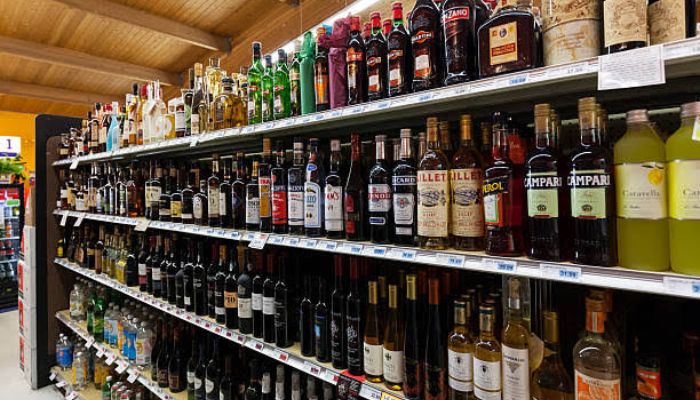In the dynamic world of international commerce, the concept of balanced trade stands as a pivotal ideal, representing a state where a nation’s exports equal its imports, resulting in equilibrium on the trade front. This equilibrium contrasts with the notions of trade surplus and trade deficit, where exports exceed imports or vice versa, each carrying distinct economic implications. The pursuit of balanced trade holds the promise of stable economic growth and a reduction in trade-related risks for nations, while its achievement depends on a complex interplay of factors such as exchange rates, trade policies, and consumer behavior. Balanced Trade? Learn what it means, how it’s achieved, and why it’s pivotal in the global economic landscape.
Let’s delve into a balanced trade definition. The definition of balanced trade is a state in which an economy neither runs a trade surplus nor a trade deficit. In contrast to a free trade model that allows countries to buy and sell goods and services based on market demand and supply, a balanced trade model necessitates interventions to ensure that imports and exports match and result in a zero trade balance. Under balanced trade, national governments maintain domestic economies as free markets with businesses, both private and government-owned, subject to significant regulation aimed at improving worker incomes and protecting the environment. The primary focus is on closely regulating financial flows rather than the movement of goods to prevent trade imbalances. Balanced trade involves a nation’s exports equalling its imports, promoting economic stability, and mitigating trade-related risks.
Balanced trade and sustainable economic growth exhibit a correlation, albeit not a deterministic one. Balanced trade can contribute to economic stability, reduce vulnerabilities, and enhance resource allocation efficiency. However, it’s important to recognize that sustainable economic growth hinges on a complex interplay of factors, including investments in human capital, technological innovation, infrastructure development, and sound macroeconomic policies. Achieving balanced trade alone is insufficient to ensure sustainable economic growth. When a nation maintains balanced trade, it can foster stable economic growth by harmonizing production and consumption, reducing reliance on either domestic or foreign markets, and mitigating the risks associated with trade imbalances, but these outcomes are just one piece of the larger economic puzzle.
Factors Influencing a Nation’s Trade Balance
As said before, there are factors that influence a nation’s trade balance. These examples are four of them.
- Consumer Behavior
A critical determinant of a nation’s trade balance is the behavior of its consumers. Consumer preferences and spending patterns directly impact the demand for imported goods and domestic products. High levels of domestic consumption often lead to increased imports, while a culture of strong savings can bolster exports. Consumer choices play a crucial role in shaping the trade dynamics of a country, as they influence the flow of goods in and out of the nation.
- Trade Policies
Government policies, such as tariffs, quotas, and trade agreements, exert a significant influence on a nation’s trade balance. Protectionist measures, like tariffs and import restrictions, can reduce the influx of foreign goods but may also invite retaliatory actions from trading partners. Conversely, trade agreements and policies that promote exports can enhance a country’s trade balance by expanding market access and increasing overseas sales.
- Exchange Rate
Fluctuations in exchange rates hold a key role in determining the cost and competitiveness of a country’s exports and imports. A stronger domestic currency can render exports more expensive for foreign buyers, potentially leading to a trade deficit. Conversely, a weaker currency can make exports more attractive, potentially boosting a nation’s trade surplus. Exchange rate dynamics can significantly impact a country’s trade performance.
- Demand
The demand for specific products or services is a fundamental factor in international trade. For example, the demand for commodities like oil can profoundly affect the trade balance of both oil-exporting and oil-importing nations. A shift in demand for such key goods can impact the overall trade balance, influencing the volumes and values of imports and exports, and subsequently, a country’s trade equilibrium.
Revamp your country’s trade dynamics and soar to new heights with Hi-Fella, an online platform where suppliers and buyers meet internationally. Increase your countries’ balance trade by visiting Hi-Fella website, downloading Hi-Fella app on Play Store or App Store, and signing up for an account. Embrace the power of strategic partnerships and tailored trade policies with Hi-Fella today, and witness your nation’s trade balance flourish like never before!








